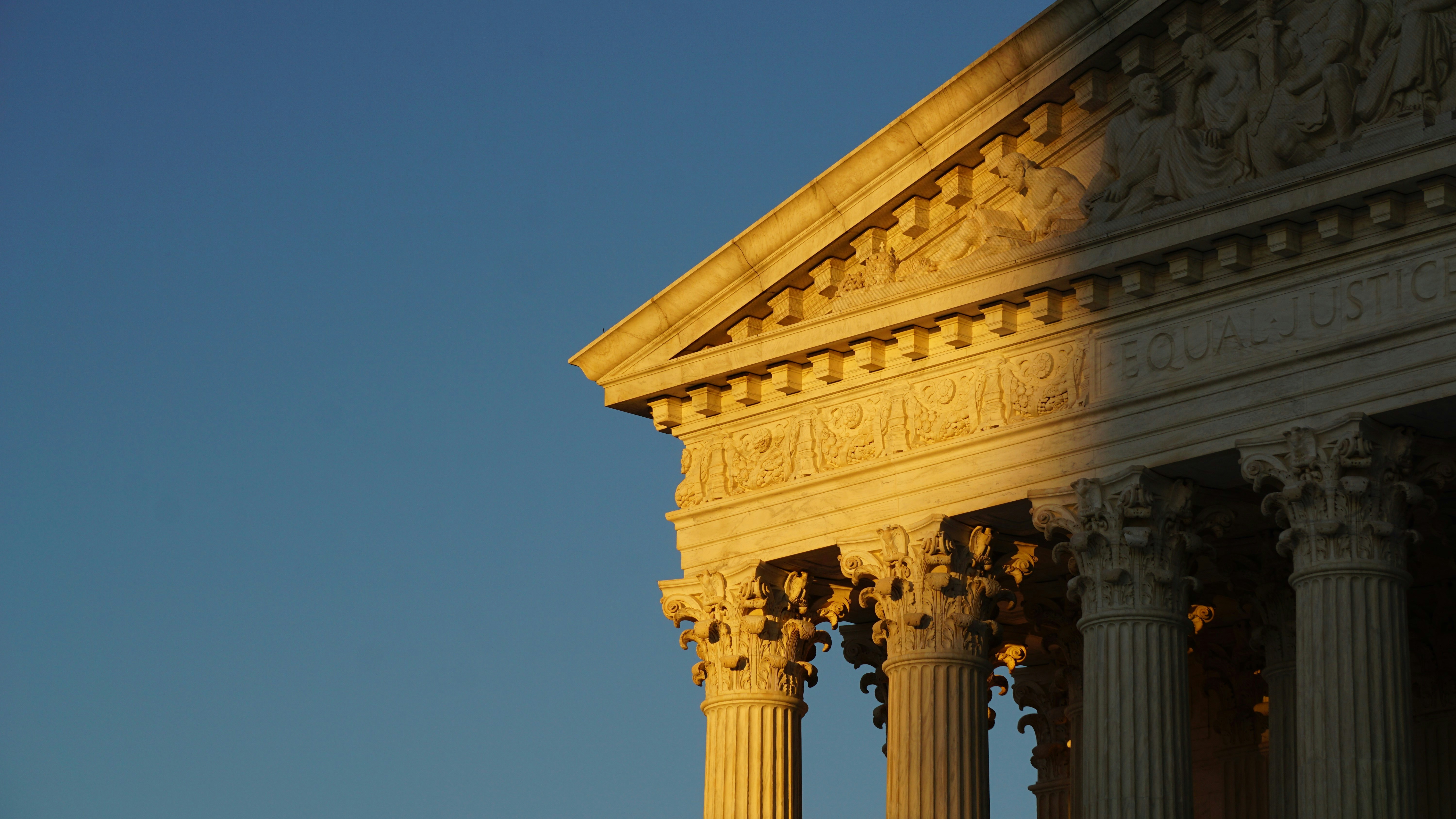Groups ask Supreme Court to keep in place district court ruling barring immigration stops


Lawyers for immigrants’ rights groups, U.S. citizens, and undocumented immigrants challenging the Trump administration’s immigration enforcement efforts in the Los Angeles area urged the Supreme Court on Tuesday to leave in place a ruling by U.S. District Judge Maame Ewusi-Mensah Frimpong that prohibits federal agents from making immigration stops unless they have reasonable suspicion that the person whom they are stopping is in the country illegally. And in determining whether they have reasonable suspicion, Frimpong emphasized, agents cannot rely on any combination of four factors – “apparent race or ethnicity,” speaking in Spanish or accented English, presence at a location where undocumented immigrants “are known to gather,” and working at specific jobs, such as landscaping or construction.
Representing the Trump administration, U.S. Solicitor General D. John Sauer told the justices last week that Frimpong’s order puts “a straitjacket on law-enforcement efforts.” But lawyer Elaine Goldenberg, representing the challengers, argued on Tuesday that Frimpong “broke no new legal ground.” Her order, Goldenberg wrote, “does not prevent the government from enforcing the immigration laws, conducting consensual encounters, or relying on any or all of the four factors along with other facts to form reasonable suspicion.”
The challengers, who include U.S. citizens and undocumented immigrants who had been targeted by immigration raids, filed this lawsuit in federal court in Los Angeles in July. They argued that immigration raids that had begun the previous month as part of what some federal officials have called the “largest Mass Deportation Operation” in U.S. history violated the Fourth Amendment because the federal agents could only stop and detain people if they had reasonable suspicion that those people were undocumented immigrants – which, the challengers say, the agents did not have.
On July 11, Frimpong issued an order barring all government agents in the Central District of California – an area with a population of 20 million people that includes Los Angeles and Orange County – from making immigration stops without reasonable suspicion, and from relying on any of the four factors as a basis for reasonable suspicion to detain someone as an undocumented immigrant.
The U.S. Court of Appeals for the 9th Circuit largely refused to put Frimpong’s order on hold while the litigation continued. That prompted the Trump administration to come to the court last week, asking the justices to pause her ruling.
Sauer contended that the challengers lack a legal right to sue, known as standing, because there is no reason to expect that they will be targeted by immigration raids in the future. Frimpong’s order, Sauer continued, also “threatens to upend immigration officials’ ability to enforce the immigration laws in the Central District of California by hanging the prospect of contempt over every investigative stop of suspected illegal aliens.”
The challengers countered that they do have a right to sue. Otherwise, they emphasized, the government “could send out roving groups of agents every night to engage in raids all over any city, involving the most blatantly unconstitutional invasions of law-abiding individuals’ privacy imaginable, and it would be impossible to enjoin that behavior because no plaintiff could definitively prove that he would be caught up in a future raid that would—like the ones before it—violate the Constitution.” And they suggested that the government’s opposition to Frimpong’s order “boils down to” the idea that it is “discretion-limiting.” “But the Fourth Amendment of course limits government discretion—that is the whole point,” they wrote. Moreover, they added, Frimpong’s order is only a temporary one that will be “short-lived,” so that the justices will likely never have an opportunity to review it on the merits.
Posted in Court News, Merits Cases
Cases: Noem v. Perdomo